When Covid-19 passed, Gen Z will be the generation with the most severe crisis career due to pandemic and this is the reason
- Tram Ho
Gen Z – Generation Z: Those born during 1996-2010
Tomas Mier belongs to Gen Z’s first generation of university completion (1996). Like many of her peers, Mier had great plans for her final semester at the University of Southern California (USC): completing her internship, getting good grades, and stepping up to the podium to receive her diploma in evidence. family ants, who are immigrants from Mexico.
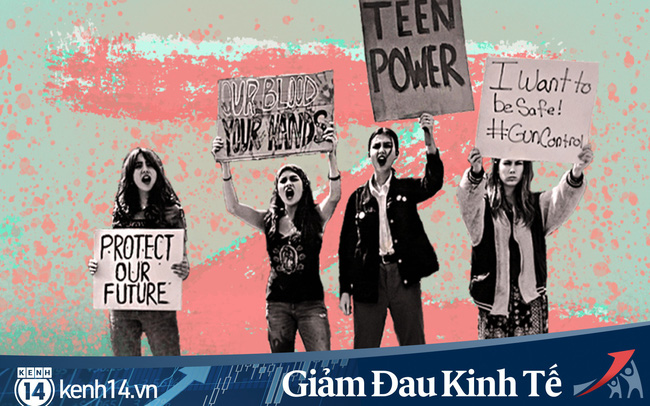
Then the Covid-19 pandemic suddenly appeared, everything changed completely. Lectures, classes and jobs, all switched to online form. USC also canceled its graduation ceremony for final year students.
But all that is still nothing, compared to the gloomy future that awaits them ahead. Mier and Generation Z will have no time to regret the last semester of student life, because the upcoming economic downturn can make their careers seriously affected. Pandemic can make their fate identical to Generation Y (Millennials) – who had to grow up in the period of financial recession 2007-2010, to give opportunities for advancement and career development. as the ability to get rich becomes extremely difficult.
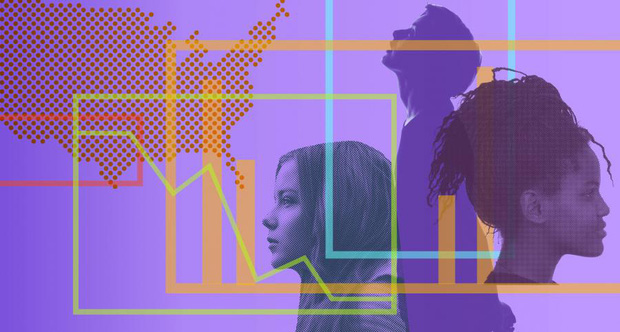
Graduation? Nothing compared to what will await Generation Z ahead
Crisis from before the end of the epidemic
Many experts assess that the generation that most clearly senses the consequences of the economic downturn is Gen Z – the generation of students who are about to graduate this year. As noted by Business Insider, some people of the first generation of Gen Z had to miss job interviews, canceled internships after the “social isolation” policy was enacted.
It is still unknown how the consequences of the Covid-19 pandemic on the labor market will be, but the reality shows that many people have fallen into unemployment. For those who are lucky enough to keep a job, they witness a shift in everything – jobs, teaching, internships … into online form, and this offers both advantages and challenges.
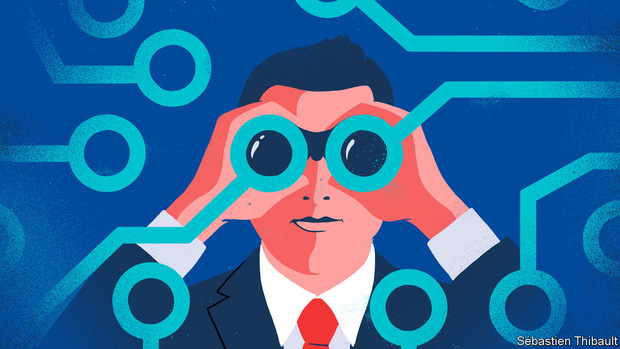
On the plus side, teleworking gives companies more flexibility in hiring, giving opportunities for those who can’t relocate to big cities, and for those who are already on the edge of the market. labor. Business Insider noted that many companies are beginning to realize that employees can still get the job done without going to the office. And so the situation of “social isolation” actually has the potential to create 15 million jobs in the next decade.
But working remotely is not for everyone, and it has many downsides. Some people do not have regular access to technology, as well as a safe working environment. Nâtlia Lusinski, a Business Insider reporter, said there were many unique challenges when working from home, such as technological difficulties, working undertime, and no human-to-human interaction, making her feel easy. single.
And most importantly, even remote jobs do not provide any guarantee for the future, especially in the present context. According to US bank manager Seth Carpenter, economist Seth Carpenter said many people would start focusing on saving and repaying debt instead of spending. This will be a blow to retail brands, many of which will hire Generation Z employees.
A generation suffers more
Business Insider’s Taylor Nicole Rogers noted that Generation Z is witnessing an uneven effect, compared to other generations when the pandemic broke out.
According to the survey, at least 30% of employees in Gen Z are subject to a job cuts. At the same time, the incidence of previous generation workers – aged 35 to 54 – was only 13%.
Young unemployed people are often employed in the retail or hospitality industry – the industry group is heavily affected by the disease. Hundreds, even thousands of restaurants, hotels, shops, cafes, etc. in the US had to close after the government ordered “social isolation” and requested non-essential services. “stop working.
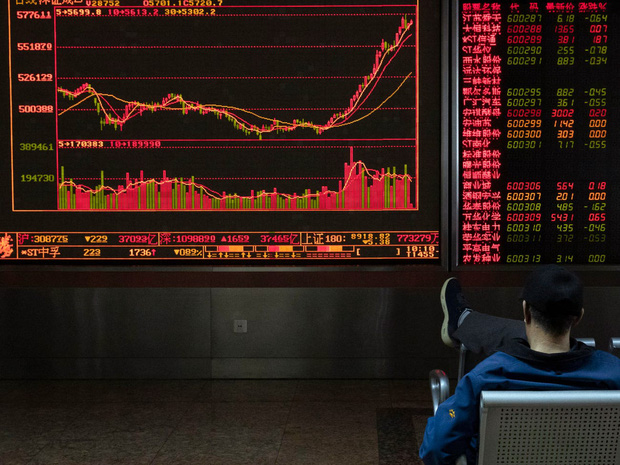
Stock exchange “red fire”
The first week of March, the US recorded 1.7 million workers applying for unemployment benefits. Two weeks later, on March 21, the number increased to 3.3 million, and the number continued to increase the following week. These are the worst numbers since 1982 – a time when 700,000 employees applied for benefits. Even the 2008 financial crisis only caused 800,000 people to lose their jobs.
The increase in the number of unemployed is in stark contrast to the trend of recruitment in the world. Data from LinkedIn shows that the percentage of employees recruiting has been steadily decreasing in China, Italy and the United States since the first days of February 2020.
China has recorded the largest decline in recruitment rates during the peak outbreak, but has also increased gradually after curbing the epidemic. On the other hand, their labor market has plummeted since the beginning of March 2020, and so far has not seen a “rise” in the context of the country being overwhelmed by the corona virus. The United States is in a similar situation, with a sharp decline in recruitment trends.
Research from Millenials: The generation that started their careers during a recession will be heavily ruined
A study from Stanford University in April 2019 showed that students who graduate and start their careers after the recession will face high unemployment, low starting salaries, and Promotion opportunities stalled. Their “get rich” pace will slow, at least for 10-15 years.
And with this Covid-19 pandemic, final year students are gradually feeling that.
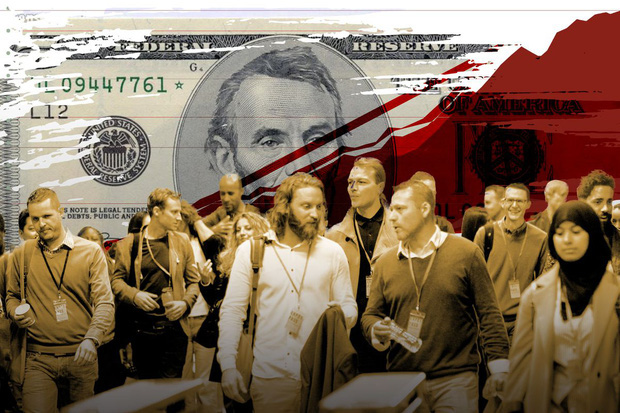
“The fear of getting a job is always there. But when a pandemic breaks out, it has to be multiplied by a dozen,” says Matthew Phillips, a USC senior student.
“We have no idea what will happen next. There are so many unknowns about the future after graduation which is normally very dim.”
Sarah Nehemial is a graduate student and is taking a year off in New York before studying law. She said the impact of the economic downturn on her generation is “unpredictable”, and can make her career become “catastrophic”. Therefore, Nehemiah will almost certainly enter law school, because it ensures a more stable future in the labor market.
“I have no more time to ponder the future,” – Nehemiah said. “Some of my friends just graduated, and they absolutely can’t compete in the job market. One of them has been with the same company for four years with the promise of a formal promotion, and when a pandemic hit. so they turned their backs. The other graduated from Fulbright University but the job opportunities were not there – really could not know what would happen during the recession. “


Sarah Nehemiah and Tomas Mier (right)
Tomas Mier – a USC graduate student also said that the economic situation is really worrying. “People like us come from low-income families, have a lot of expectations after graduation. We expect to earn a lot of money to support the family,” – Mier said.
“But I know that now, that future is becoming very difficult.”
“My parents sacrificed me a lot when I came to the US,” – Mier, originally from a Mexican immigrant family, said. “I was so excited to attend the graduation ceremony in their witnesses in May.”
Phillips and Mier are two of the thousands of other students in the United States “celebrating” their final year with the “social isolation” order and studying online at home. Graduation ceremony with them is now almost certainly not going to be held anymore.
In life when the impact of the previous crisis has not passed, a new recession has arrived
This is the real situation that is happening to Generation Z. They are growing up at a time when the world is still addressing the effects of the 2007 financial crisis, and inequality is growing.

Hillary Hoffower Business Insider noted that Generation Y graduates in the Great Depression still have to deal with the consequences of that crisis – mainly due to the burden of student debt. also called student loans) and increased living expenses. Millenials are judged to have much lower financial viability than the previous generation, which matured at the most prosperous time of the economy.
Hoffower noted, 62% of university graduates from 18 – 29 years old have the burden from “student debt”. While generation X – currently aged 45 – 59 – only about 48% is so. In 2019, student loans totaled … $ 1.5 trillion. Tuition fees have doubled since the 1980s, while young people’s average income has increased by only … $ 29 compared to 1974. And if adjusted for inflation, that number can’t keep up. increase in cost of living.
Many Millennials share that they can’t even afford to pay the rent, because they still have to pay student debt. Tragically, Generation Z is likely to get in the same spot, because many of them are in the same situation as Generation Y before the recession hit. Even so, things are worse.
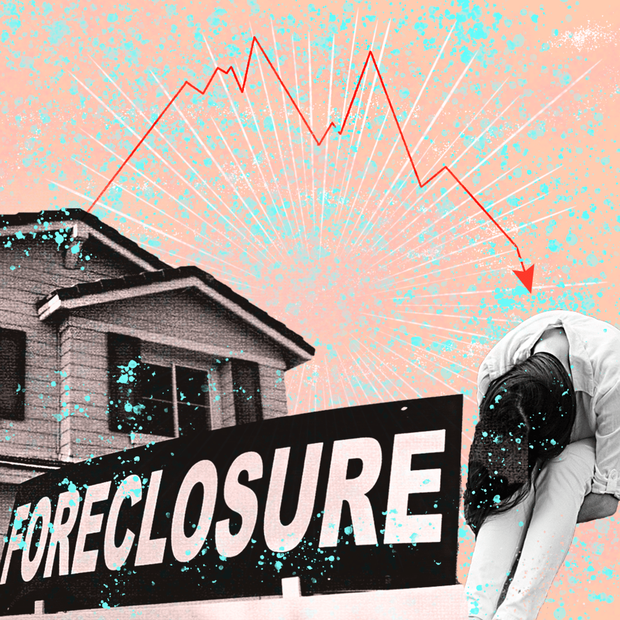
If Generation Z also graduated in a recession, there would be a lot more burden they faced. Because, economists predict that if this recession happens, the speed of recovery will not be as fast as it was in 2008. And if the unemployment rate continues to rise, the recovery process will the more slowly.
“I used to be very optimistic about job opportunities, but now it is a bit stressful. Those who are about to graduate this term are more worrying,” – Maya Tribitt, a gap year student to practice in New York for know.
“This is the last summer vacation before graduating, and I want to have as much experience as possible. I write a letter of introduction almost every day, but every time I go to the internship application, the positions are turned. lost.”
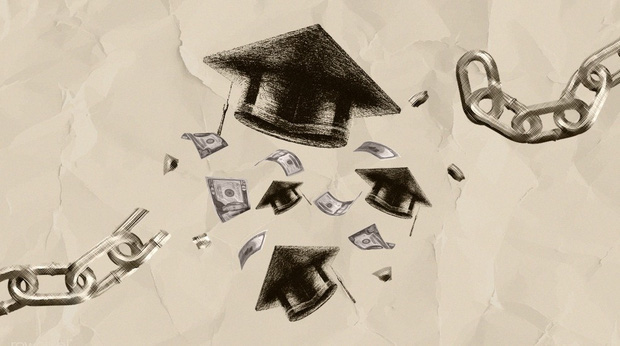
According to the New York Times, the vacancies have dropped by at least 30% compared to the same period last year. “I was a bit afraid that I would be like graduates in 2008,” continued Tribitt. “Most of the fear of having to get a job right after leaving college mainly came from a nightmare that the generation 10 years ago had experienced. I was really afraid when that nightmare would become reality for them. I.”
Source : Genk
